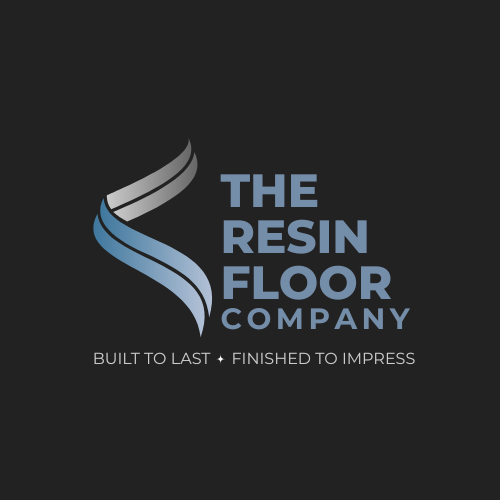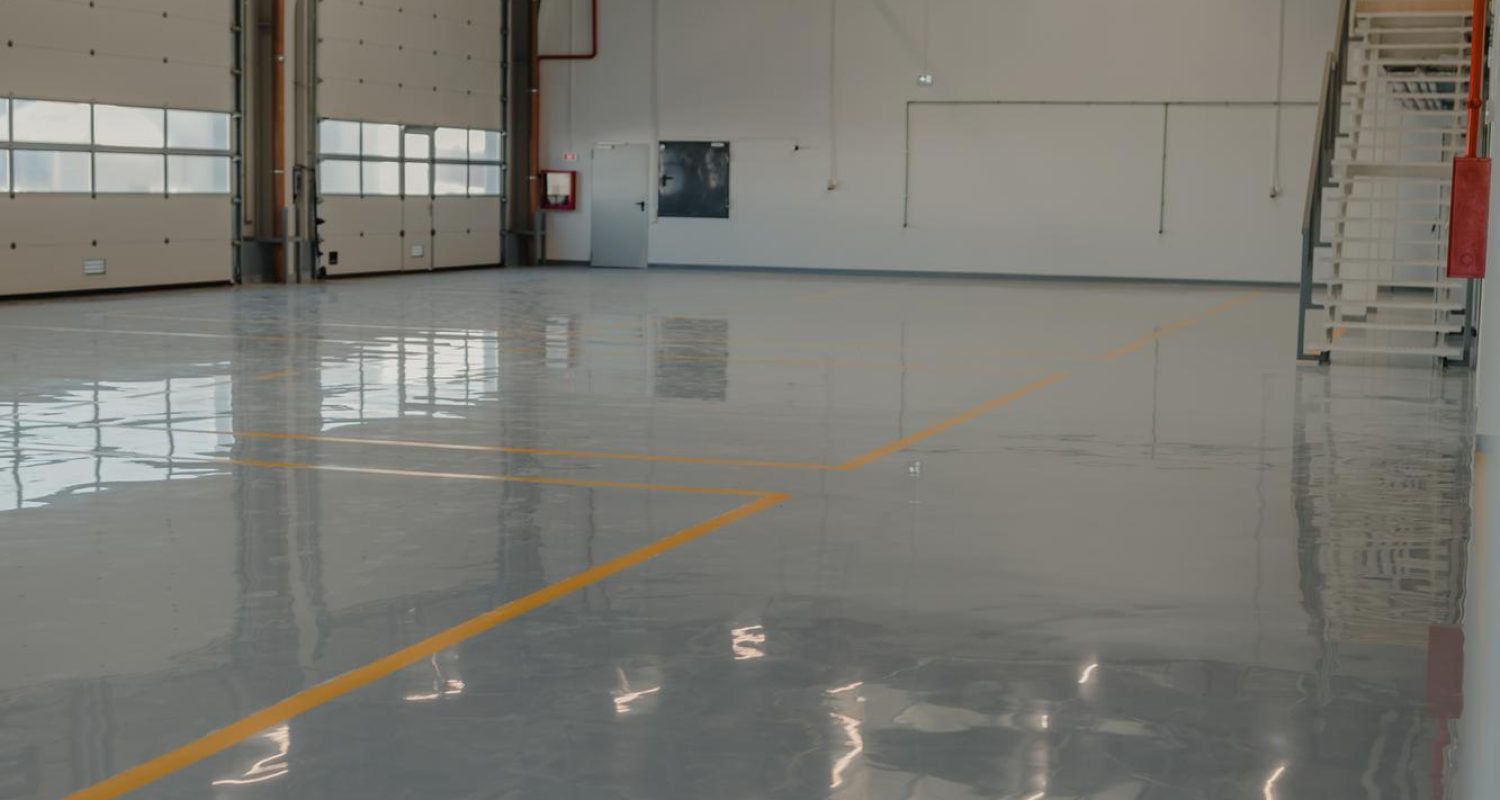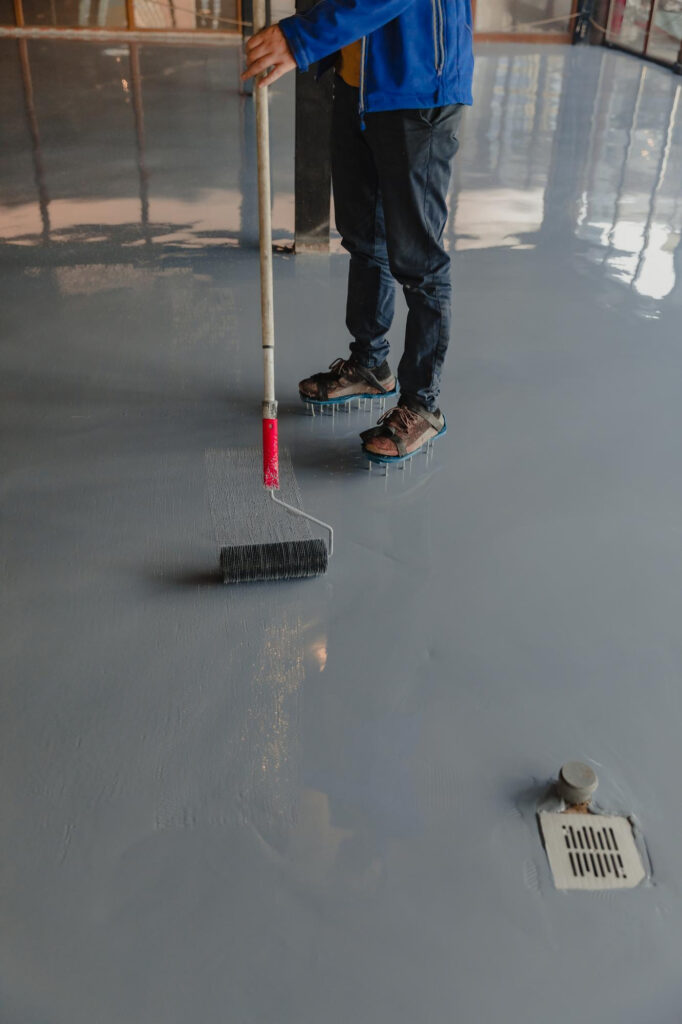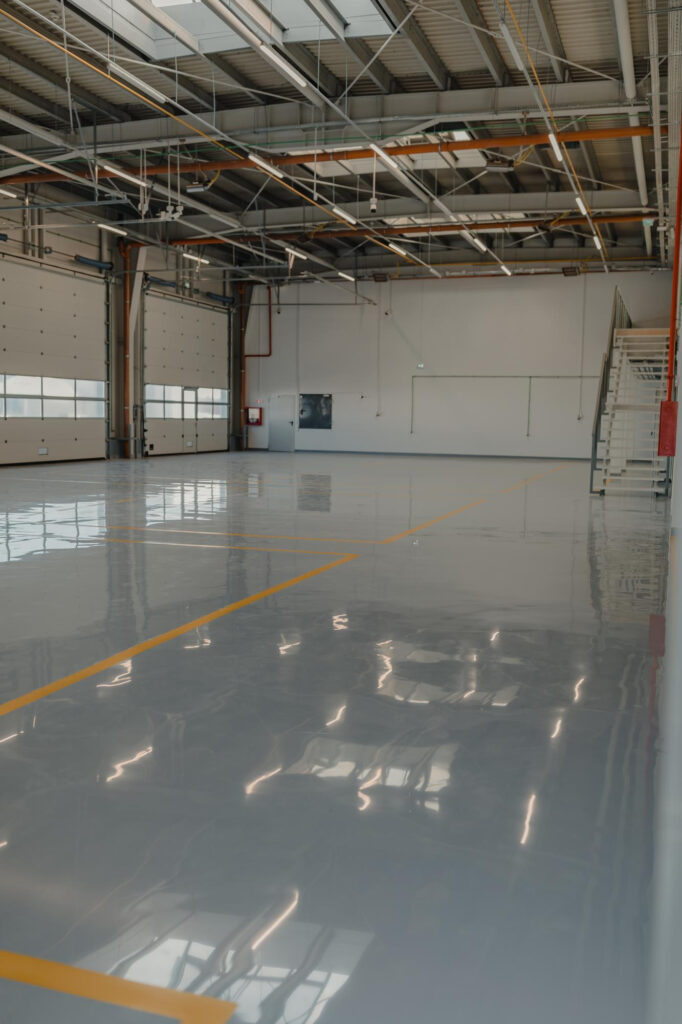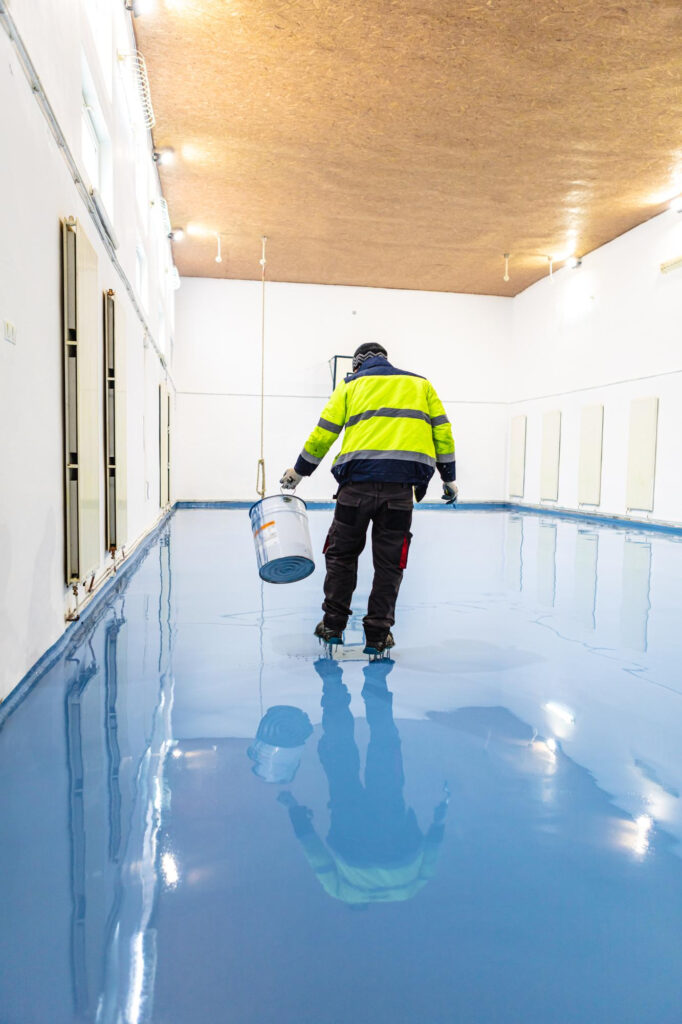Think resin flooring is expensive? Think again — here’s how it pays off in the long run.
When planning flooring for a commercial space, budget is often the first concern. On the surface, traditional tiles seem more affordable. But when you zoom out and consider maintenance, repairs, lifespan, and hygiene — resin flooring often wins by a mile.
In this article, we’ll break down resin flooring vs. traditional tiles – which saves you money, and why more UK businesses are choosing resin as the smarter long-term investment.
Initial Costs: Tiles May Appear Cheaper
It’s true — tiles often come with a lower upfront price. They’re widely available and relatively easy to install in smaller spaces.
But here’s where it gets tricky…
- You’ll need grout and adhesives (adds to labour + materials).
- Installation time is longer, which may interrupt operations.
- Not all tiles are built to withstand heavy-duty commercial use.
Resin, on the other hand, is a seamless system poured directly onto your surface. The upfront investment may be higher, but you’re paying for performance, durability, and minimal downtime.
Maintenance: Resin Requires Less Long-Term TLC
One of the hidden costs of tiled flooring? Constant maintenance.
- Grout lines absorb dirt and bacteria
- Tiles chip, crack, or loosen over time
- Repairs are patchy and expensive
- Cleaning is time-consuming and less effective
Now let’s compare that to resin:
✅ No joints = no grout to clean
✅ Chemical-resistant = easy to sanitise
✅ Seamless finish = quicker daily cleaning
✅ High impact resistance = no regular repairs
Translation? Lower cleaning costs, less disruption, and fewer repair bills. That’s how resin flooring vs. traditional tiles – which saves you money becomes a no-brainer.
Repairs: The Cost of Cracking Under Pressure
Tiles, especially in high-traffic or industrial spaces, crack easily under heavy footfall or dropped objects. Replacing them means:
- Ordering matching replacements
- Hiring professionals to cut and reset
- Shutting down the area for hours or days
Resin floors, on the other hand, are:
- Built to withstand forklifts, machinery, and spills
- Seamless — no cracks = fewer repair points
- Extremely durable, with options lasting 15–20+ years
That kind of reliability pays for itself. Especially when a tile floor could require touch-ups every 3–5 years.
Cleaning Costs: Resin Wins Again
Cleaning commercial floors isn’t just about aesthetics — it’s an operational cost. Resin’s smooth, non-porous finish means:
- Faster daily cleaning
- Better sanitation with less product
- No harsh scrubbing or specialist equipment
Tiles, with all their grooves and joints, trap dirt and bacteria. Over time, you’ll spend more on cleaning chemicals, labour hours, and deep cleans — especially in industries like food service or healthcare.
Longevity: The Real Money Saver
Tile floors last around 10–15 years with regular maintenance. Resin floors? Up to 20–30 years depending on the application and finish.
That’s:
- Fewer renovations
- Minimal business interruption
- Lower overall lifecycle cost
When comparing resin flooring vs. traditional tiles – which saves you money, resin flooring’s longevity alone can cut your costs by thousands over the lifespan of your premises.
Final Verdict: Resin Floors Offer Better ROI
While tile flooring might win on initial budget, resin is the smart choice for businesses that value:
- Long-term savings
- Minimal maintenance
- Clean, seamless aesthetics
- High performance under pressure
Especially for commercial kitchens, warehouses, showrooms, or clinics — resin flooring isn’t just better… it’s cheaper over time.
👉 Want a flooring quote tailored to your space?
We’re The Resin Floor Co — specialists in premium commercial resin flooring across the UK.
Visit TheResinFloorCo.co.uk to book your free quote or consultation.
